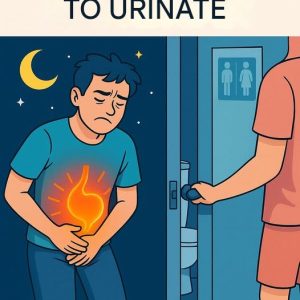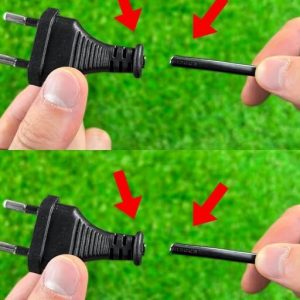
Almost everyone has experienced that “pins and needles” sensation in the hands or fingers after leaning on an arm for too long. In most cases, it’s harmless and disappears once circulation returns. But when tingling or numbness occurs often, it may signal an underlying medical condition that deserves attention.
Possible Causes of Hand Tingling

1. Neurological Conditions
-
Multiple Sclerosis (MS): MS damages the protective sheath around nerves, disrupting communication between the brain and body. One result can be reduced sensitivity or numbness in the hands.
2. Spine and Joint Disorders
-
Cervical Osteochondrosis: Wear and tear in the cervical spine can compromise blood flow and nerve conduction, leading to headaches, poor coordination, and tingling in the arms and hands.
3. Repetitive Strain and Nerve Compression
-
Carpal Tunnel Syndrome: Common among people who type, play instruments, or perform repetitive hand tasks. Swelling in the tendons compresses the median nerve, causing numbness, burning, or weakness in the hand.
4. Circulatory Issues
- Thrombosis:
A blood clot can block or slow circulation, reducing oxygen supply to tissues and triggering numbness. - Buerger’s Disease:
Strongly linked to smoking, this condition inflames blood vessels and restricts circulation. It often causes pain and tingling in the hands (and sometimes feet) and can lead to severe complications if untreated.
5. Serious Vascular and Metabolic Disorders
- Stroke:
Sudden, persistent numbness in one hand or arm can be an early warning sign of a stroke. Immediate medical attention is critical. - Diabetes:
Chronically high blood sugar can damage nerves and blood vessels, leading to peripheral neuropathy. Tingling in the hands is one of the common early symptoms.
When to Seek Medical Advice

Occasional tingling after sitting awkwardly is normal. But if numbness or tingling in your hands:
- Happens frequently,
- Lasts longer than a few minutes, or
- Comes with other symptoms such as weakness, dizziness, or speech changes,
…you should see a doctor promptly. Early diagnosis of the underlying cause—whether it’s nerve compression, poor circulation, or a systemic illness—can prevent complications and improve outcomes.




